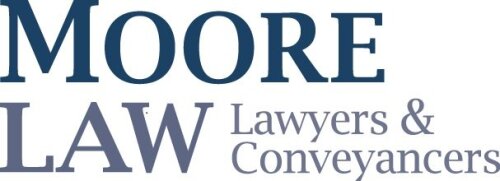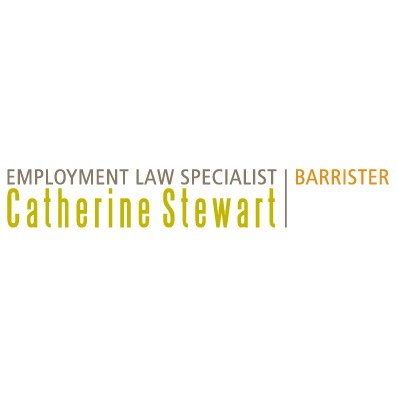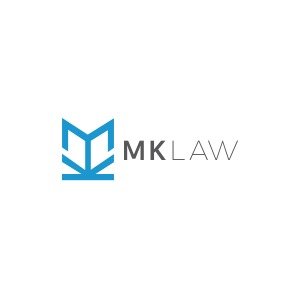Best Wrongful Termination Lawyers in Auckland
Share your needs with us, get contacted by law firms.
Free. Takes 2 min.
List of the best lawyers in Auckland, New Zealand
About Wrongful Termination Law in Auckland, New Zealand:
Wrongful termination law in Auckland, and New Zealand as a whole, protects employees from being unfairly dismissed by their employers. According to the Employment Relations Act 2000, all workers have the right to fair treatment in their employment. Any terminate that is in violation of the contract terms or comes as a result of discrimination, retaliation or harassment, can be considered as wrongful termination.
Why You May Need a Lawyer:
Engaging an employment lawyer is essential if you suspect you have been wrongfully terminated. These professionals can help you understand the complexity of employment laws, guide you through legal processes and ensure your rights are protected. Instances where you will need a lawyer include when your termination is due to your refusal to carry out illegal actions, discrimination, or if you've been fired without any stated reason while your employment contract stipulates otherwise.
Local Laws Overview:
The main law related to wrongful termination in Auckland, New Zealand is the Employment Relations Act 2000. This law stipulates that an employer must have a justifiable reason for dismissal and must follow a fair process. Part 9 of the Act provides for protections against unjustifiable dismissal. Other relevant laws include the Human Rights Act 1993, protecting employees from discrimination, and the Protected Disclosures Act 2000, safeguarding whistleblowers from retaliation.
Frequently Asked Questions:
What constitutes wrongful termination in Auckland, New Zealand?
Wrongful termination involves an employee’s contract of service being unlawfully terminated. This can include reasons such as discrimination, retaliation, refusal to carry out illegal actions, or termination without following due process as set forth in employee's contract terms.
How can I prove wrongful termination?
Proving wrongful termination involves evidence documenting the reason behind the dismissal, showing that it violated the terms of your employment contract, or was in violation of Employment Relations Act 2000 or other important laws.
What remedies are available for wrongful termination?
The remedies for wrongful termination can include reinstatement to your job, financial compensation for lost wages, and sometimes, compensation for humiliation or injury to feelings.
How long do I have to file a wrongful termination claim?
You generally have 90 days from the day you were terminated to file a personal grievance claim for wrongful termination.
How do I file a wrongful termination claim?
Normally, you first need to raise the issue with your employer, if that doesn't help, you can lodge a personal grievance with the Employment Relations Authority by filling out a Statement of Problem form.
Additional Resources:
If you need further assistance concerning wrongful termination in Auckland, you can contact employment law services, employment rights advocates, or the Ministry of Business, Innovation and Employment for advice and information. The New Zealand Law Society also offers a Lawyer Referral Service which can help you find a legal expert in your area to handle your case.
Next Steps:
If you believe you've been wrongfully terminated, reach out to a qualified employment lawyer at the earliest. They will advise you on your rights and responsibilities, and guide you through the process of filing a personal grievance claim if necessary. Always ensure to document everything related to your termination to provide a solid support for your case.
Lawzana helps you find the best lawyers and law firms in Auckland through a curated and pre-screened list of qualified legal professionals. Our platform offers rankings and detailed profiles of attorneys and law firms, allowing you to compare based on practice areas, including Wrongful Termination, experience, and client feedback.
Each profile includes a description of the firm's areas of practice, client reviews, team members and partners, year of establishment, spoken languages, office locations, contact information, social media presence, and any published articles or resources. Most firms on our platform speak English and are experienced in both local and international legal matters.
Get a quote from top-rated law firms in Auckland, New Zealand — quickly, securely, and without unnecessary hassle.
Disclaimer:
The information provided on this page is for general informational purposes only and does not constitute legal advice. While we strive to ensure the accuracy and relevance of the content, legal information may change over time, and interpretations of the law can vary. You should always consult with a qualified legal professional for advice specific to your situation.
We disclaim all liability for actions taken or not taken based on the content of this page. If you believe any information is incorrect or outdated, please contact us, and we will review and update it where appropriate.

















